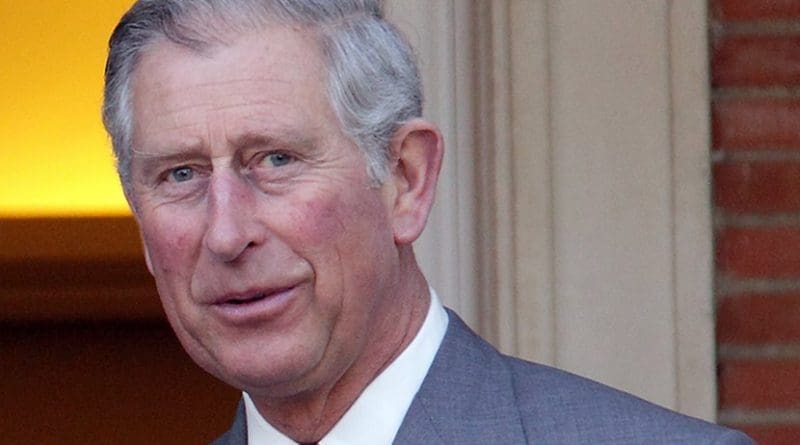Prince Charles Meets Romanian President
By Marcus Tanner
Britain’s heir to the throne, Prince Charles, was due on Wednesday to meet Romanian President Klaus Iohannis and other Romanian officials in Bucharest, as he furthers his long love affair with the Balkan country.
A passionate environmentalist, the Prince has often talked of his deep fascination with Romania’s unspoiled countryside, and he has bought several traditional cottages in the Transylvania region.
He made several trips to Romania last year alone, including one for the funeral of Romania’s last king, Michael, a cousin of his mother’s, Queen Elizabeth.
Even private visits by senior UK royals, unless the purpose is strictly personal, tend to be conducted in alignment with the UK foreign office – and usually target countries with which the UK seeks to bolster relations.
With its anti-Russian outlook, British sees Romania as an important partner in Southeast Europe, and as a bulwark against Russian penetration.
Its importance in UK eyes has grown fast in recent years, given Greece’s slide into unpredictability and the more pro-Russian mindsets of leaders in Bulgaria, Hungary, Serbia and elsewhere.
Moreover, Romanians now form the second largest non-British community in the UK after Poles, numbering around 400,000, mostly working in construction, retail and hospitality.
Initially, this generated such negative headlines as: “The Mafia bosses who can’t wait to flood Britain with beggars”, “We want to get into your country before someone locks the door” and “An immigration calamity looms”.
However, the mood has since changed, and these days the big Romanian community attracts little attention.
Meanwhile, Charles recently commissioned 36 artists from around the world to record the flowers of Transylvania, lending the paintings to the Romanian Cultural Institute in London for a show this week.
Artist Fay Ballard told the UK Guardian on May 22 she shared the prince’s love for rural Romania.
“Medieval villages are nestled in the valleys. The agriculture goes back to medieval times. Nothing has changed for hundreds of years. Prince Charles’s botanist said that this is how parts of England would have looked in Shakespeare’s time. Everything is so beautifully kept. Prince Charles adores the place. I can see why.”

